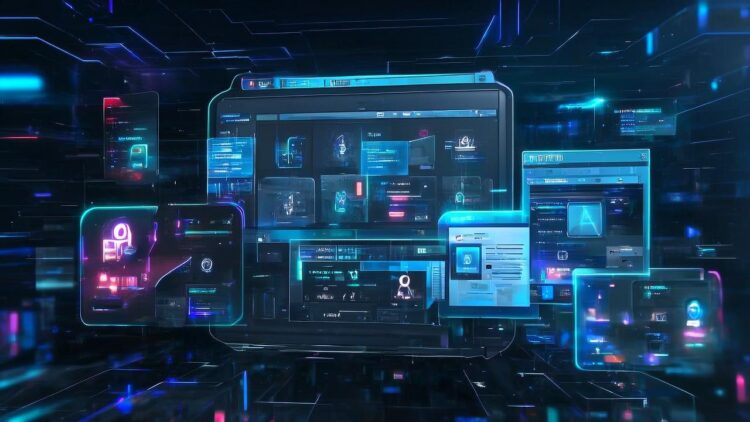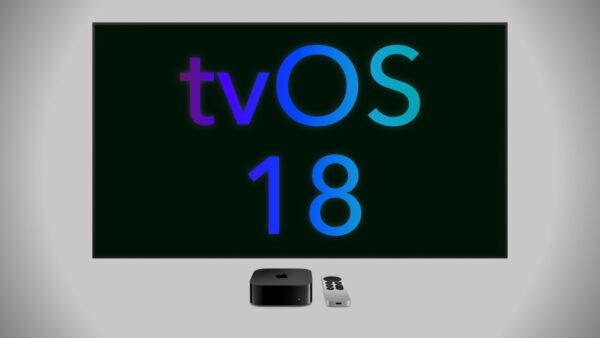
Digimagaz.com – The world of writing is witnessing a remarkable transformation with the advent of AI-powered language models like chatGPT. These advanced AI systems have shown incredible potential in generating human-like text and assisting writers in various domains. But how does chatGPT compare to humans in terms of writing quality and effectiveness? In this in-depth article, we aim to uncover the truth behind this intriguing question: chatGPT vs. Humans: Who Writes Better?
ChatGPT: A Glimpse into the AI Writing Phenomenon
Before we dive into the ultimate showdown, let’s understand what chatGPT is all about. Developed by OpenAI, chatGPT is an AI-powered language model that uses deep learning techniques to generate human-like text based on the input it receives. Using a variant of the GPT (Generative Pre-trained Transformer) architecture, chatGPT can perform a wide range of writing tasks, from drafting emails to writing creative stories.
chatGPT has gained significant popularity due to its ability to generate coherent and contextually relevant text. The model has been fine-tuned with vast datasets from the internet, making it a formidable writing tool. But can it truly outshine human writers?
Humans: The Original Wordsmiths
Throughout history, humans have been the pioneers of language and literature. Writing is an art that embodies creativity, emotions, and the ability to connect with readers on a deeper level. Human writers possess a unique flair for storytelling, personal experiences, and cultural nuances that AI systems struggle to replicate.
While AI language models like chatGPT have made impressive strides, human writers remain unparalleled when it comes to originality, empathy, and diverse perspectives. But does this mean they are superior to chatGPT in all aspects of writing?
chatGPT vs. Humans: The Showdown Begins
Let the showdown commence! In this section, we’ll explore various aspects of writing to compare chatGPT’s capabilities with those of humans.
1. Creativity Unleashed: chatGPT’s Artistry
ChatGPT has surprised the world with its creative prowess. It can generate poetry, compose music, and even devise fictional narratives that captivate readers. Armed with vast knowledge from the internet, chatGPT can quickly adapt its style and tone to mimic different writing genres. Its ability to think beyond the mundane and deliver fresh content is indeed impressive.
But, can chatGPT’s creativity match the depth of human emotions and experiences? Human writers draw from their lives, thoughts, and observations, resulting in an unparalleled level of authenticity that AI models struggle to achieve.
2. Speed and Efficiency: The AI Advantage
When it comes to speed and efficiency, chatGPT reigns supreme. Human writers may spend hours or even days researching and organizing their thoughts before producing a well-crafted piece. On the other hand, chatGPT can swiftly analyze vast datasets, extract relevant information, and generate content within seconds.
This efficiency makes chatGPT an invaluable tool for content creators, businesses, and journalists facing tight deadlines. However, speed should never compromise the quality of the output, and that’s where human writers excel.
3. Language Mastery: Human Finesse vs. AI Accuracy
Language mastery is a critical aspect of writing. Humans have spent centuries perfecting grammar, syntax, and language nuances. They can adapt their language based on the intended audience, making the text more engaging and relatable.
ChatGPT, with its pre-trained language models, demonstrates a high level of accuracy in grammar and syntax. However, it may lack the finesse and intuition that human writers possess. The human touch in writing is often more appealing, connecting readers to the heart of the content.
4. Diverse Perspectives: Human Empathy
Writing often involves addressing sensitive topics and connecting with readers on an emotional level. Humans excel in conveying empathy and understanding through their words. They can tap into the depth of emotions, sharing personal anecdotes and experiences that evoke genuine connections.
While chatGPT can recognize emotions and generate appropriate responses, it falls short in demonstrating true empathy. Human writers, with their unique perspectives, can influence readers in profound ways, creating lasting impacts.
5. Error-Free Writing: AI’s Perfection
One area where chatGPT clearly outshines humans is in producing error-free writing. AI models are meticulous in their grammar, spelling, and punctuation, minimizing the risk of typographical errors.
On the other hand, human writers are prone to human errors. Despite thorough proofreading and editing, some mistakes may slip through the cracks. However, these errors also humanize the writing, reminding readers of the writer behind the words.
6. Adaptability: The Human Advantage
Humans are exceptionally adaptable writers. They can absorb new information, explore diverse topics, and transition between different writing styles seamlessly. Human adaptability enables them to tackle various subjects, making them invaluable in dynamic and ever-changing industries.
ChatGPT, while versatile, relies on its pre-training data and may struggle to grasp entirely new or niche subjects. Human writers’ adaptability and curiosity are unparalleled, making them ideal for tackling complex and unexplored topics.
The showdown between chatGPT and humans has revealed that both possess unique strengths and capabilities. chatGPT impresses with its speed, accuracy, and creativity, while human writers showcase unparalleled authenticity, empathy, and adaptability. Instead of viewing AI as a threat, we must embrace it as a powerful tool that complements and enhances human creativity. By collaborating with AI, human writers can unlock new frontiers in the world of writing.
So, who writes better: chatGPT or humans? The answer lies in recognizing the symbiotic relationship between AI and human writers, where each contributes to the collective evolution of the written word.





